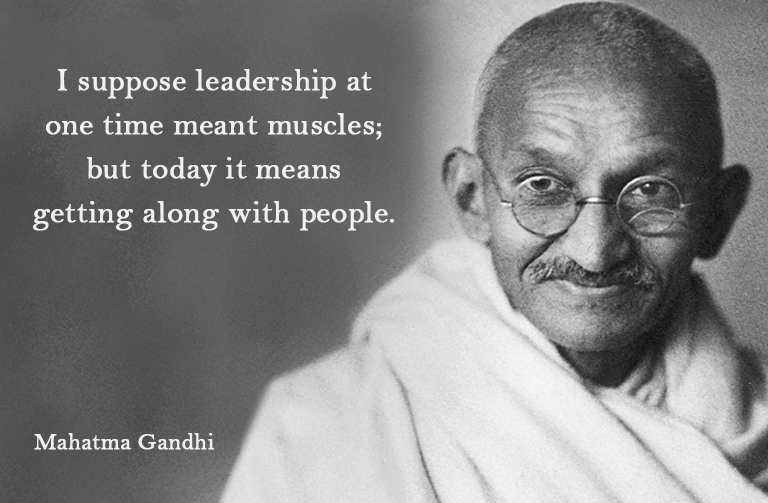by the NRA Training Team
A leader is someone that brings people together and guides them toward a common goal. Anyone can boss people around and tell them what to do, but an effective leader requires you to be able to do more than assign tasks to staff members.
Leading a team can be a very challenging, yet rewarding role. As a team leader you are ultimately responsible for the results of the team. Leaders must ensure that the work required to achieve the common goal or vision is managed well. The importance of a good leader will have far reaching positive impacts on the business including staff retention and increased profit.
Tips for new managers or leaders
1. Lead by example
- The key to leading by example is to never ask a staff member do something that you have never done or would not do yourself.
- Demonstrate the attitude you want your team members to emulate.
2. Delegation
- The key to delegation is in identifying your team’s strengths and capitalising on these strengths. Delegating tasks to your team will demonstrate that you trust and believe in their abilities.
- There is a fine line between delegating and dumping tasks onto employees. In order to delegate effectively you must provide the staff member with the tools, knowledge and realistic time frames in order for them to complete the task. Always check-in periodically to ensure that they are on track and not overwhelmed.
3. Clear communication
- Being able to clearly describe what you want done is extremely important. If you can’t relay your vision to the team you will not be working towards to the same goal.
- Give clear and direct instructions without waffle or jargon.
- Seek clarification. Never ask if they understand what you need them to do because they will always say yes. Instead, ask them to repeat back to you in their own words what you would like them to do.
- Remember that the person you are giving instructions to may not have a point of reference. For example; you have asked them to top up the POS. They may not know that the POS is referring to the ‘Point of Sale’ or cash register.
4. Confidence
- There will be days when things are not going to plan and part of your job as a leader is to put out “spot fires” and maintain the team’s morale. The team will always take its cue from you. If you can stay calm in a crisis it will cultivate confidence in your ability as a leader.
5. Recognition
- Formal recognition, such as employee of the month awards are a great way of recognising a staff members’ contribution to the team.
- However, a simple ‘thank you’ at the end of the day will more than likely have the biggest impact on employee satisfaction and retention. Always recognise a job well done as it will inspire and lift the team’s morale.
6. Accountability
- A good team leader recognises that ‘the buck stops with them.’ This means that they are ultimately responsible for the outcome of their teams, both positive and negative.
Remember, a true leader does not rely on their title or demonstrations of superiority. A true leader inspires confidence, empowers individuals, and motivates everyone in the team to want to achieve their best.
The NRA Training Team offers customised training and personal development programs for all types of retail businesses.
Contact our training advisors on 1800 732 066 or training@nra.net.au to find out how we can help improve your team’s skills and performance.



